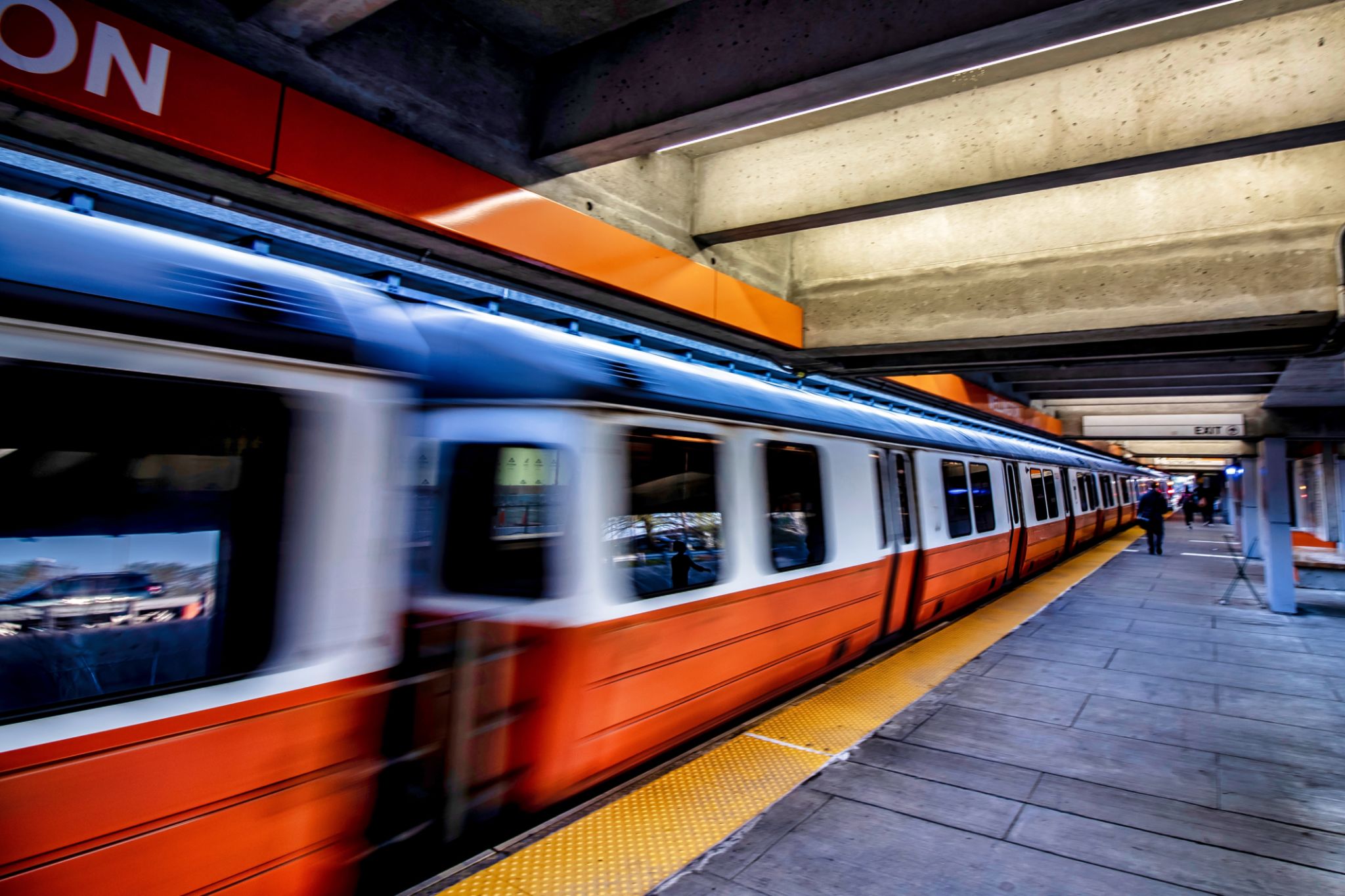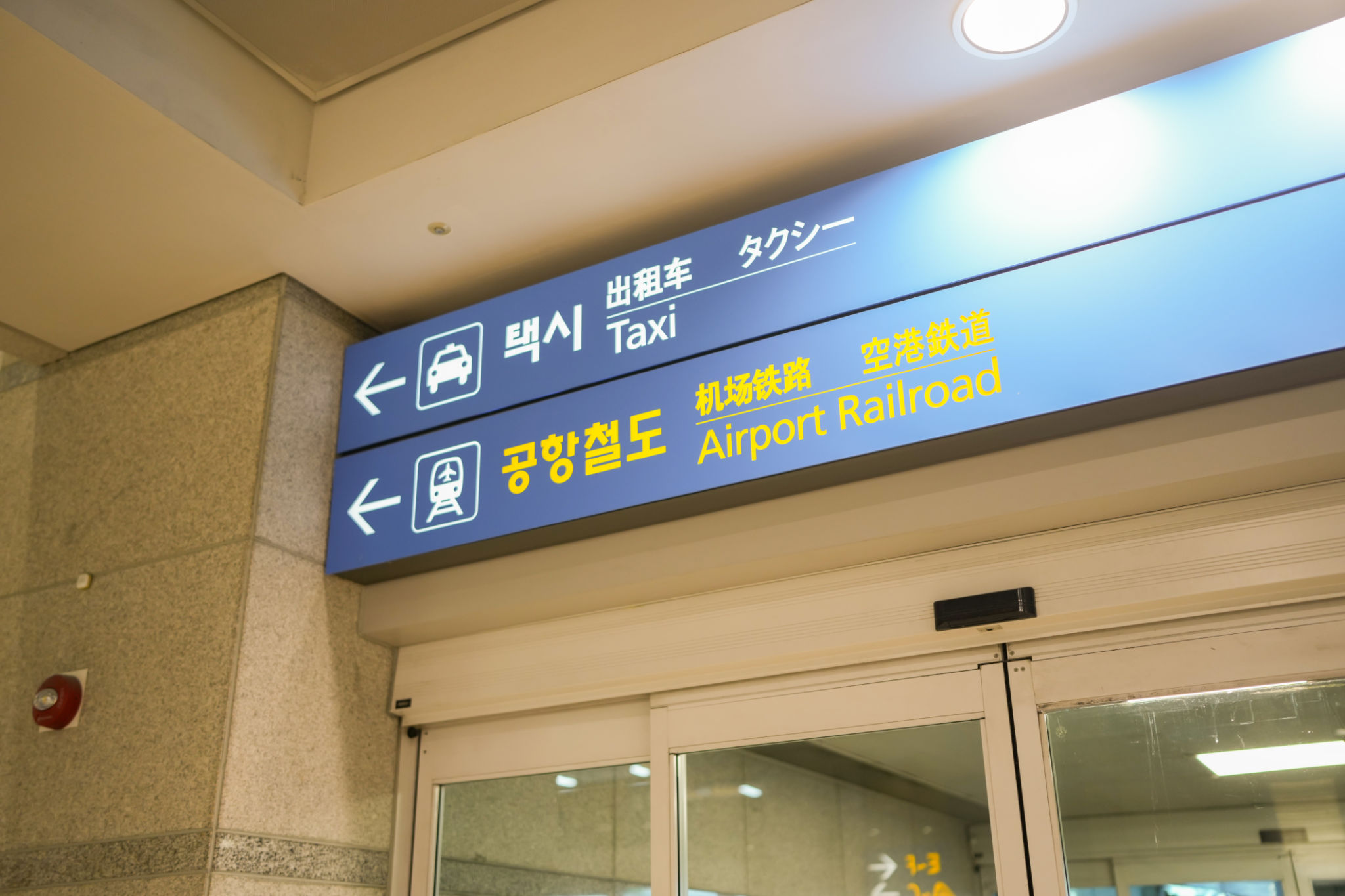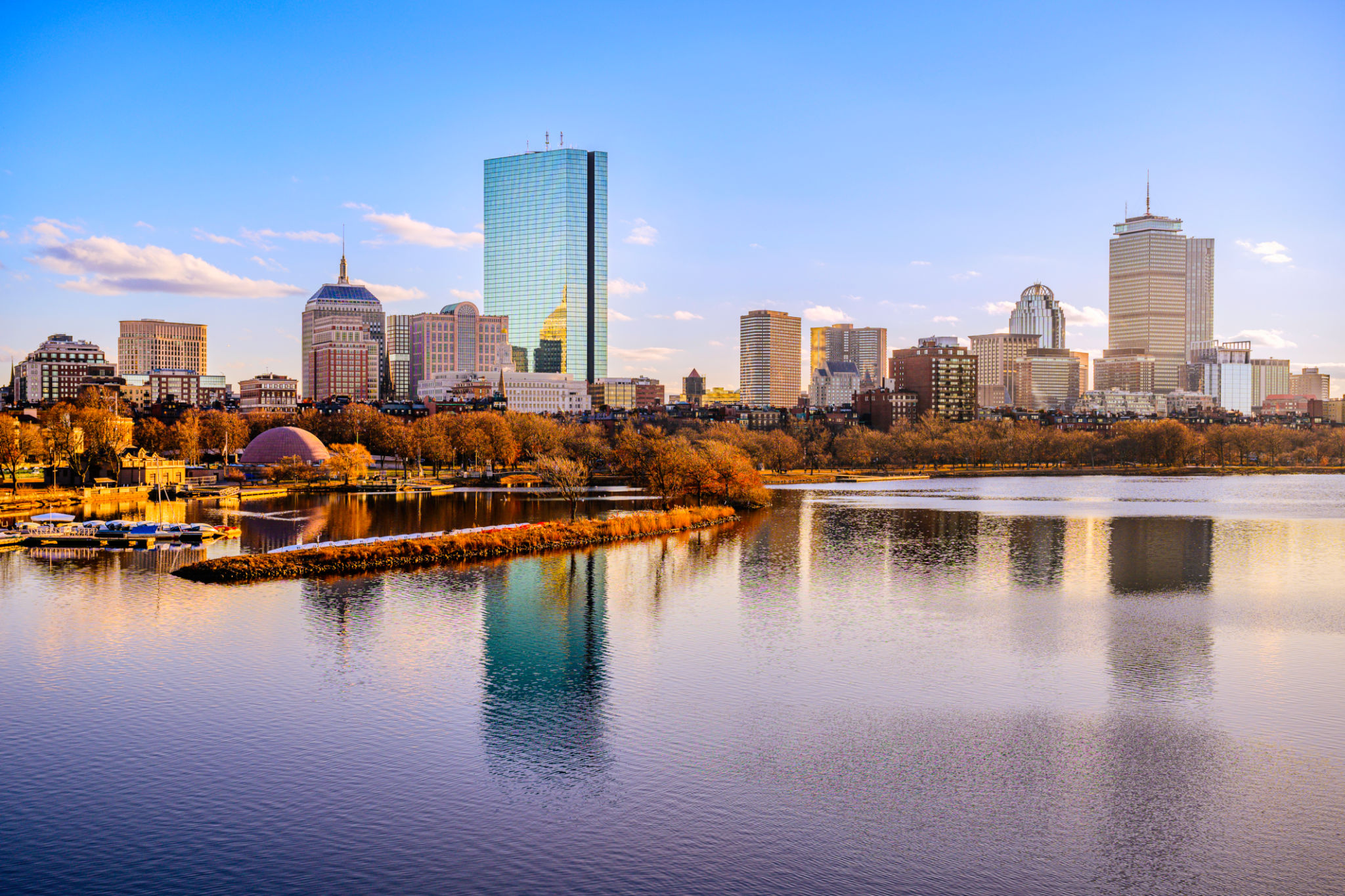Comparing Local Transport Options: Public vs. Private Services in Boston
Introduction to Boston's Transport Landscape
Boston, a city brimming with history and modern charm, offers a variety of transport options to its residents and visitors. Navigating through its bustling streets can be an adventure, and choosing the right mode of transport is crucial for convenience and efficiency. This post explores the pros and cons of public and private transport services available in Boston.
Public Transport: The MBTA
The Massachusetts Bay Transportation Authority (MBTA) is the backbone of Boston's public transport system. It includes an extensive network of buses, subways, trolleys, and commuter rail services. The MBTA is known for being affordable and provides a convenient way to traverse the city without the hassle of parking.
One of the major advantages of using the MBTA is its wide coverage. It connects various neighborhoods and suburbs to the city center, making it accessible to a large portion of the population. Despite occasional delays, the MBTA remains a reliable option for daily commuters.

Exploring Private Transport Options
For those who prefer more personalized travel, private transport services offer a viable alternative. Taxis, ride-sharing apps like Uber and Lyft, and rental cars provide flexibility and comfort, especially for those traveling during odd hours or with heavy luggage.
Private transport services allow for direct routes and reduced travel times, as you can avoid multiple stops typical with public transport. They are especially popular among tourists and business travelers who value convenience over cost.

Cost Comparison: Public vs. Private
When it comes to cost, public transport is generally more economical compared to private options. The MBTA offers various pass options that can significantly reduce travel expenses for regular commuters. In contrast, private services tend to be pricier, with costs fluctuating based on demand and time of day.
However, the flexibility and time-saving aspects of private transport can make the higher price worthwhile for some individuals. Evaluating your budget and travel needs is essential when deciding between these options.
Environmental Considerations
Public transport is often touted as the more environmentally friendly choice. With fewer emissions per passenger compared to private vehicles, using the MBTA can contribute to reducing your carbon footprint. Boston has been making strides in improving its public transport system's sustainability, including initiatives for electric buses.
Conversely, choosing private transport regularly can lead to increased emissions. However, ride-sharing services are working towards greener solutions by encouraging shared rides and investing in electric vehicle fleets.

Final Thoughts: Making the Right Choice
Choosing between public and private transport in Boston ultimately depends on individual preferences and circumstances. If affordability and environmental impact are priorities, public transport is a solid choice. However, if convenience, flexibility, and time are more critical, private transport may be preferable.
Boston's diverse transport options mean there's something for everyone. Whether you choose to hop on the T or hail a cab, understanding the benefits and drawbacks of each option can enhance your travel experience in this vibrant city.